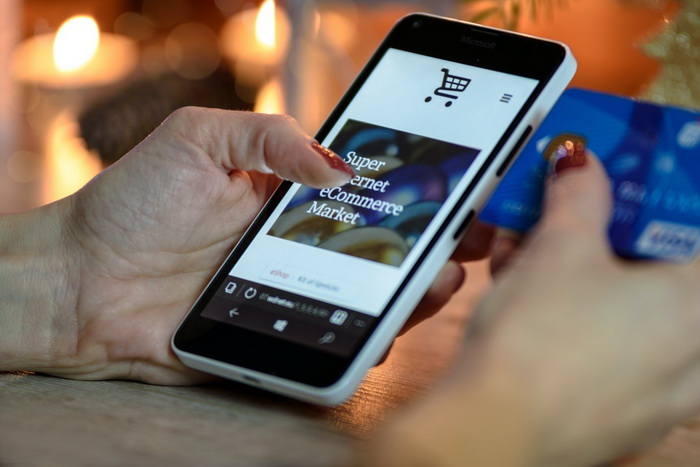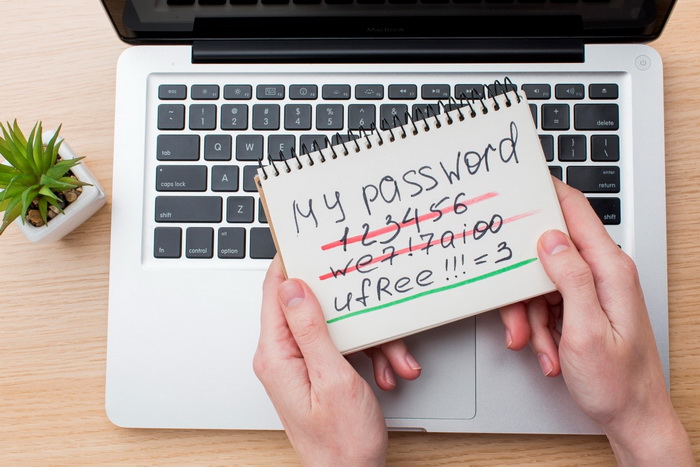Today you can buy all kinds of products and services online – from clothes and sports equipment, through travel, accommodation, event tickets, music, books, artwork, to furniture, and of course, you can even pay your bills with a few clicks from home instead of going to the counters.
The Covid-19 pandemic, which has imposed a different way of life on us all year, has further increased online shopping around the world, and online ordering has become commonplace for even the most basic human needs such as food supplies and food deliveries to your home address.
As online sales grow rapidly everywhere, so does the need to increase people’s trust in the websites through which they shop. There are sites whose shopping security is flawless due to their long tradition and the huge number of satisfied customers which their main tool for future trust. Such sites are Amazon, e-Bay, AliExpress, Booking and thousands of other international sites that people trust to leave their personal information without a doubt that it can be misused.
But what about local websites, from which, for example, we want to buy groceries or order a meal? Today, almost every manufacturer of a product has its own online store (webshop), most have their own application for smartphones that further simplifies the purchase procedure.
Here are some basic tips to follow when shopping online:
Check the website you are shopping from

If the page you are shopping from starts with the “https://” tag and there is a closed padlock next to this tag, you can be carefree because the data you enter on that web page is secure. Click on the padlock and a window will appear with the data for the certificate of security on the page. If you notice that the page does not contain “s” in the sign that it starts with, ie it is “http://” and next to it there is a red unlocked padlock, then know that this page is not safe and do not buy from it, ie do not leave your data. No matter how much you know the product or brand that such sites sell, the chances of your data being misused are high.
Also, if the address of the website turns green, then feel free to shop, you are on a safe page.
An additional security check never hurts

Pay attention when paying online, what security mechanisms are offered to you. It is always safer to shop with traders who have implemented an additional authentication mechanism which means getting a one-time password / code in a message on your mobile phone to confirm that the card you are paying from is in the hands of the rightful owner. Of course, keep in mind that in order to have this additional security protocol, it is important that your bank has implemented this authentication mechanism.
Under no circumstances send your credit card details to the seller by email, and especially not your PIN number. Also, keep in mind that no online store needs your personal information such as date of birth or social security number. Entering this type of personal data can be misused by identity hackers.
Use strong passwords

To make a purchase on a website or through an application, you must create your own profile which you will enter with a password that you will create yourself. This password should be a complex one, ie it should contain uppercase and lowercase letters, numbers, symbols, punctuation marks and have at least 8 characters. Change your password from time to time.
Do not buy on hotspot networks
Avoid shopping when you are hooked on public hotspot internet networks such as at the airport, in shopping malls, in cafes or restaurants where there are free networks. Furthermore, do not use internet banking, because the data you enter can be monitored and misused. Therefore, it is safest to shop from home. Lastly, use your smartphone as a personal hotspot, but never use a free wi-fi network.
Find out more information about the online trader
Do a little research on the trader from whom you want to buy a product or service: find out their basic data – address, phone, email; read reviews on their website, what other customers are saying about the product and what their experience is with paying for that website. Feel free to ask questions directly to the trader or other buyers in the comments section. Do not forget to read and find out about the payment policy on the site, the refund providers if it comes to such thing, as well as the method and costs for delivery of the product.
Be careful what “hot offers” you trust

If an offer seems too good to be true, it usually is. It is not true. Be careful not to be fooled by traders who sell Ray Ban sunglasses on their website for “only $19”, up from $140. Or when a retailer tries to sell you an iPhone 12 for $200. Compare prices! After all, it is one of the advantages of online shopping: to find the ideal offer with good price and quality with just a few clicks.

